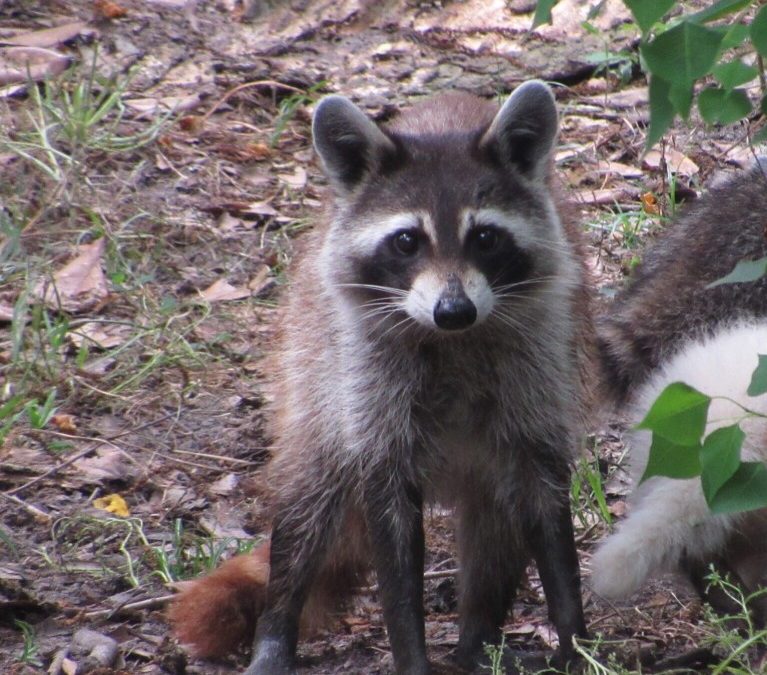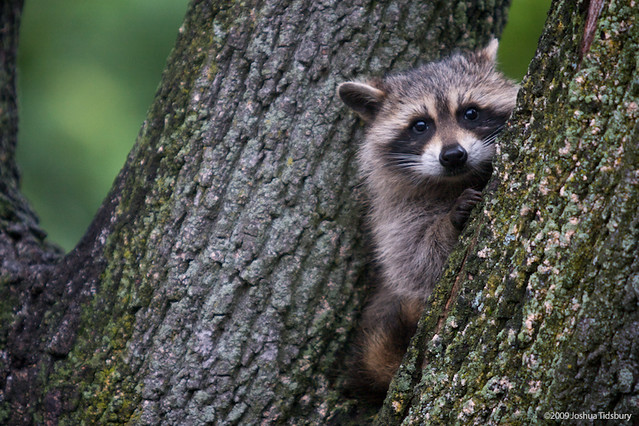Texas Raccoon Update November 2019
In recent Texas wildlife news, the rise of the rodent-carried disease, known as murine Typhus, is causing alarm amongst residents. Often thought to only be carried and passed along by rats and mice, the disease is more likely to be passed along by animals that many do not deem as “disease-carrying,” such a raccoons. Raccoons wander into yards and their fleas, carrying the disease, jump onto household pets, which then are let into your home. The fleas then can be transferred to you, which is how one Texas man contracted the disease. Many doctors, however, are failing to properly diagnose the illness, since it often presents many symptoms similar to the common flu.
In other news regarding raccoons and wildlife in Texas, one Texas woman is taking it upon herself to help trap, rehabilitate, and release injured wildlife back into their natural habitat. The Texas resident is licensed and certified to do so and many of the animals she receives come from the Texas Parks and Wildlife Department. Most of the injured animals that she sees are trapped and kept illegally and as a result are either improperly cared for or used for illegal purposes. She takes care of the injured or orphaned animals on her small plot of land and houses them in a shed she has converted into a kennel-like enclosure.
Learn more about raccoons here: Raccoon removal
The Critter Squad Inc. (713) 396-6030
How Fleas Hop Onto Humans And Spread Murine Typhus
As Bill Jones and his wife Kathy Murray of Austin found out in 2008, getting sick with murine typhus can be scary business. When a high fever persisted for five days, Jones sought help at a local hospital. There, he spent nine more terrifying days, while doctors searched for an explanation for his symptoms and nearly operated on his liver unnecessarily.
“They called me and said I needed to get back over to the hospital. They had determined Bill has a dark area on his liver, ‘cause they were testing everything. And that he was going to need to go in for surgery,” Murray says.
Alarmed, Murray sought out a second opinion from a specialist who found that her husband’s liver was fine. Meanwhile, she had become convinced that he had the bacterial infection, murine typhus, known to be spread by rats and their fleas. But she struggled to get his doctors to take this idea seriously. The disease had been extremely rare in Travis County, which includes Austin, for decades. But in 2008, seemingly out of the blue, it would sicken 33 people there, most of whom required hospitalization. Read more
Read more about diseases and problems associated with raccoons.
Summary: The spread of the disease, Typhus, has been on the rise since 2008, after being largely considered eradicated from Texas. This disease was often associated with rats but many other animals, which people often don’t consider disease carriers, can spread the sickness. The disease is spread via fleas from raccoons and other animals that may jump onto your house pet or yourself while you are out in your yard. Despite the rise in murine Typhus in Texas cities, many doctors are still failing to properly diagnose it, as it presents a lot like the common flu.
The wild life of animal rehabbers
Searching for an albino raccoon — all that white against the shadows of Hill Country foliage — seems an easy task. When it comes to keeping track or taking care of injured wild animals, however, not much is easy, even for Cynthia Stogner, who is licensed and trained to do just that.
Weda, the albino raccoon who had managed to run off into the brush and woods around Stogner’s Sunrise Beach Village home, is one of many animals that have been left in the woman’s care over the years. As a wildlife rehabilitator, Stogner helps injured and orphaned wild animals recover enough to be released back into the wild. However, in cases such as Weda’s, whose canine teeth were removed by the people keeping her illegally, the animal becomes a permanent resident.
Stogner is just one of several certified wildlife rehabilitator’s in Central Texas. Read more
Summary: One Texas woman is taking it upon herself to protect as many wild animals in her local area as possible. Cynthia Stogner is licensed and trained to trap and rehabilitate injured wildlife until they can safely be released back into their natural habitat. The animals Stogner takes in mostly come from Texas Parks and Wildlife Department game wardens, who have either found the injured creatures or confiscated them from people keeping them illegally.
Read more about Fur-bearing Animals Regulations.



